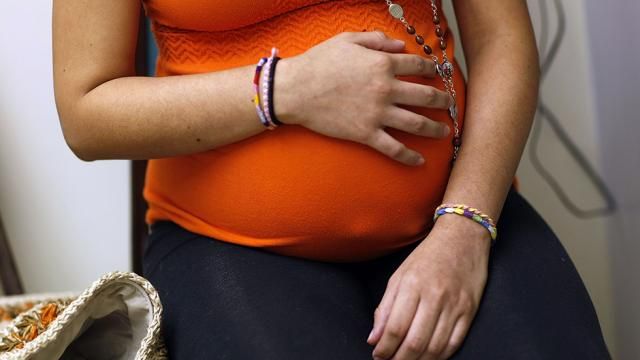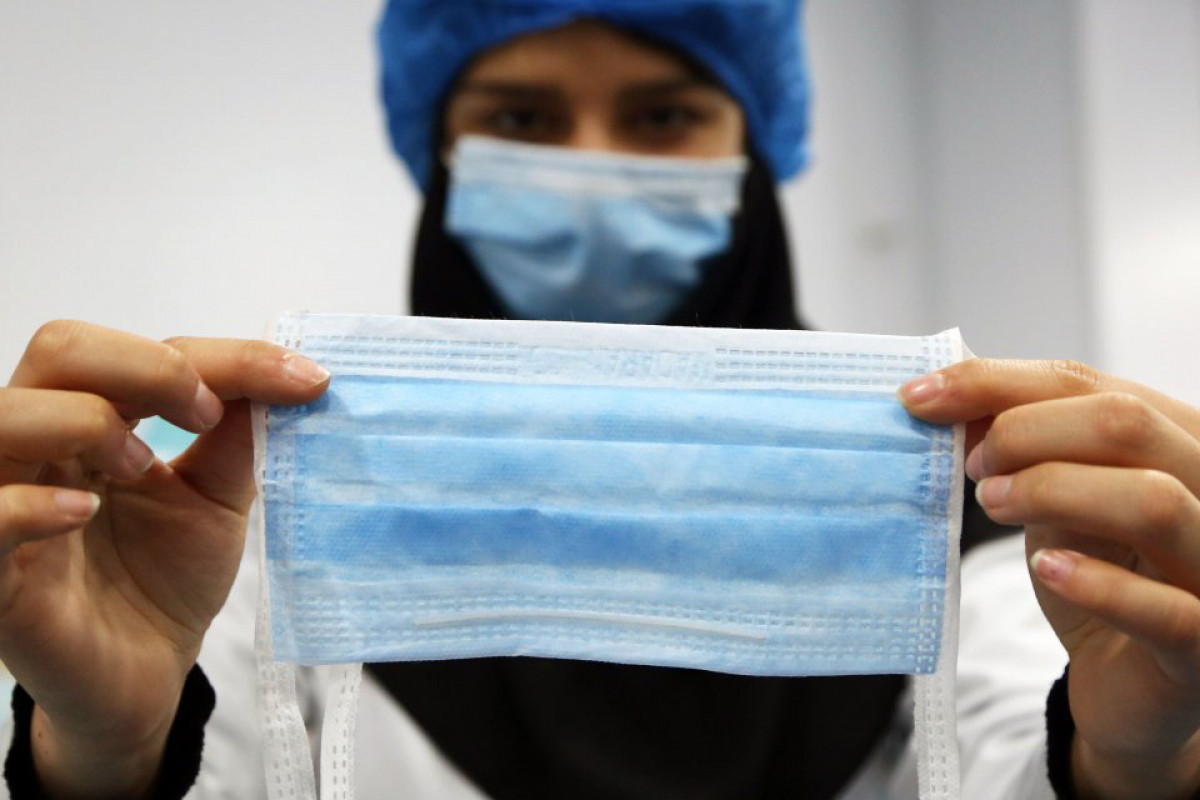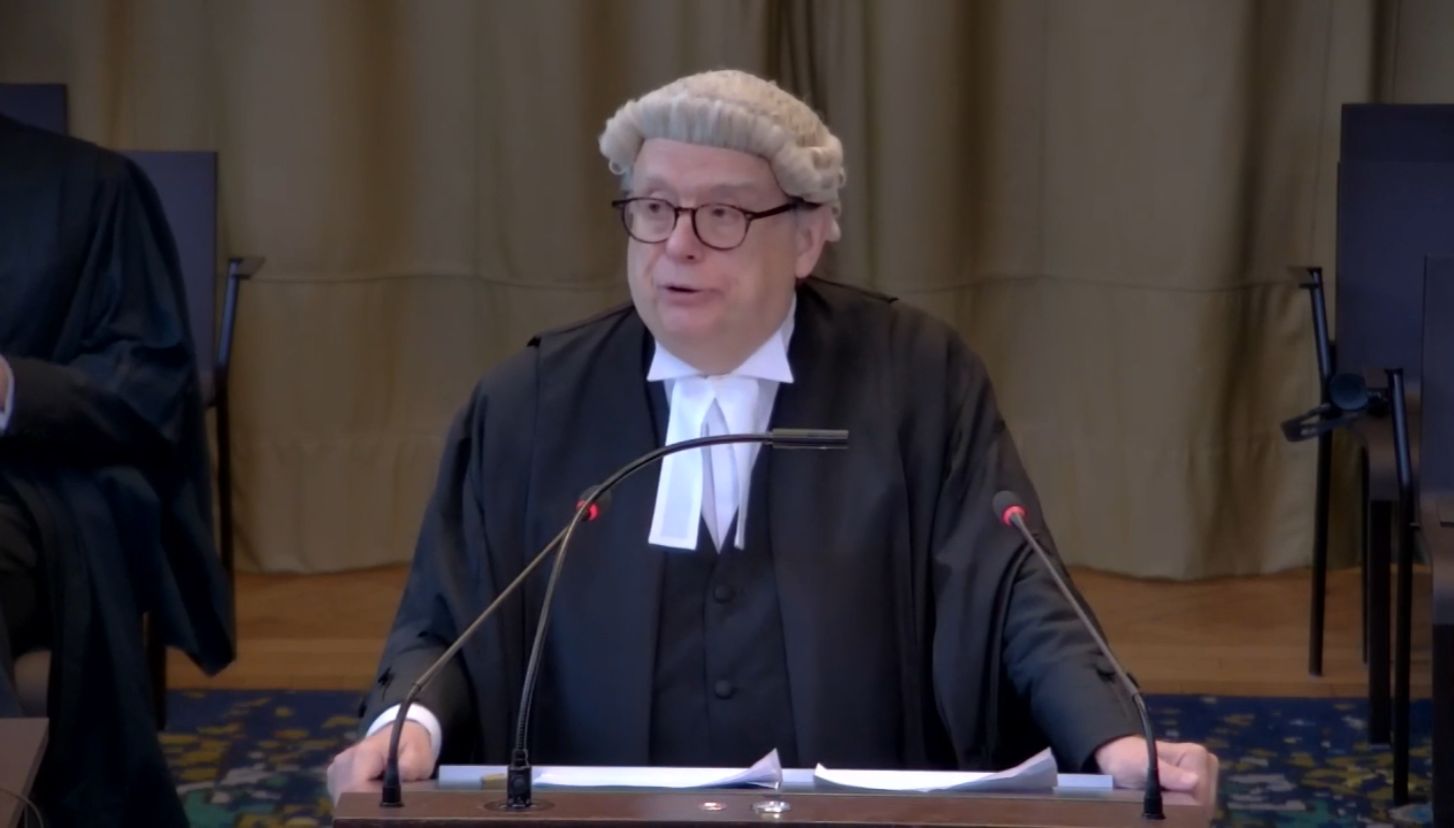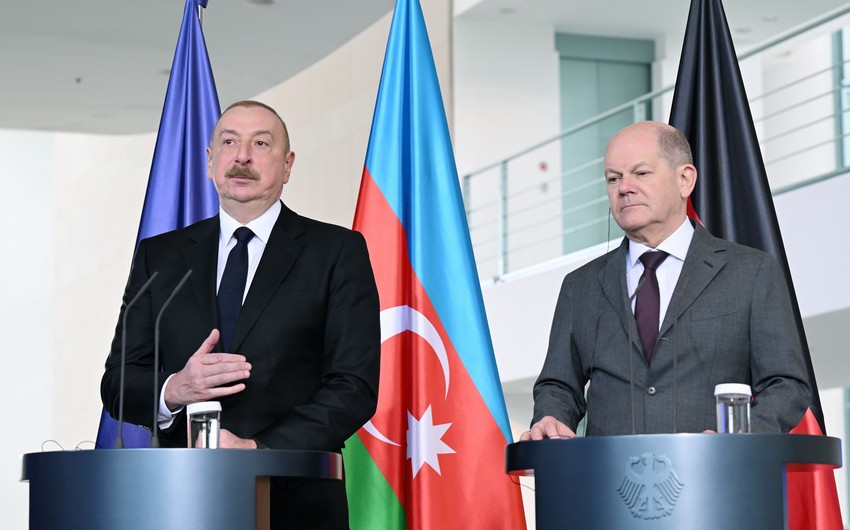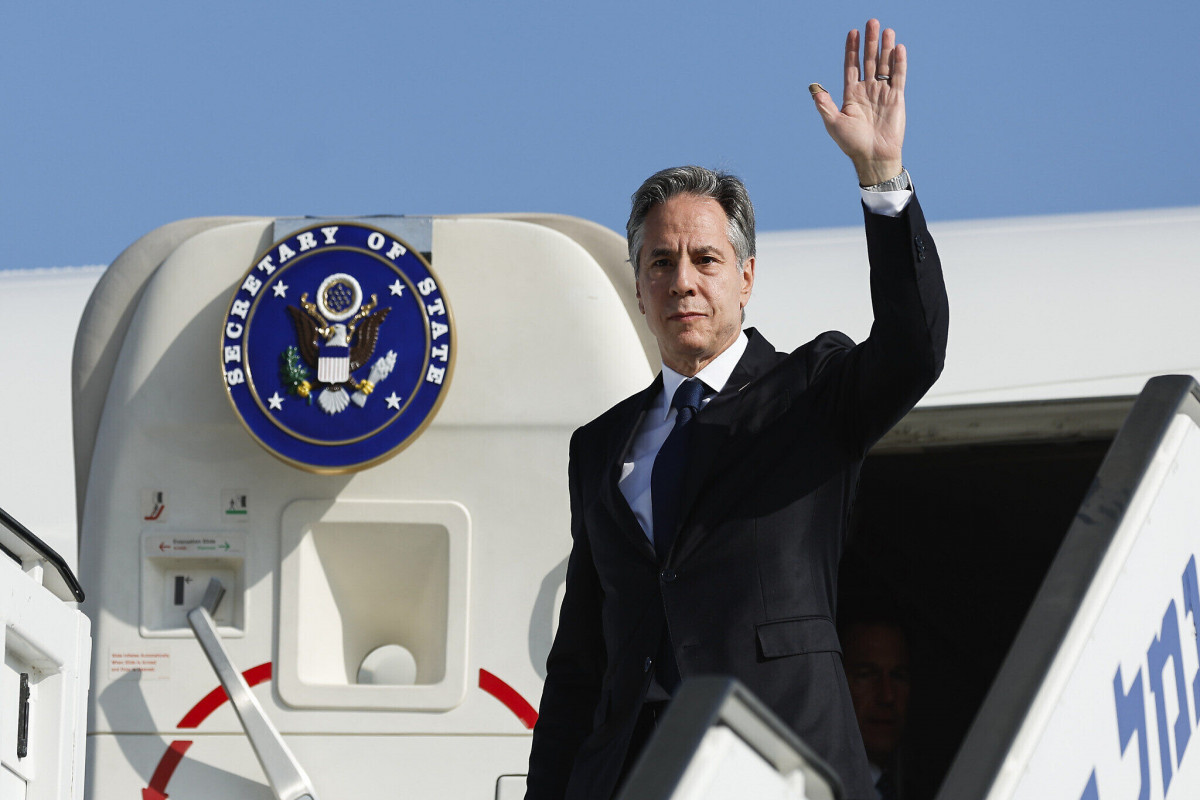Groups working to cut teen pregnancy rates in the United States say they would have to scrap programs they’ve been working on for years to meet new guidelines for funding from the Trump administration.
The administration is shifting the focus of the Teen Pregnancy Prevention Program (TPPP) more toward abstinence education, and groups will have to get onboard if they want to continue receiving financial support from the federal government
For some grantees, these requirements could clash with laws in their states, and with the approaches they have decided are best suited to addressing teen pregnancy rates in their communities.
Other grantees, like Hennepin County in Minnesota, will have to look for other funding options outside the federal government to continue a program it says has reduced teen pregnancy rates by 66 percent since 2008.
“Why would we change the use of such highly effective programs that work well, to go to something that is abstinence-based and that you can find plenty of research that it doesn’t work?” asked Kathleen Wick, program manager for Hennepin County’s teen pregnancy prevention program, called “Better Together Hennepin.”
The administration last year announced that it would end Teen Pregnancy Prevention Program grants two years earlier than originally planned for 81 grantees, including Hennepin County, arguing that the programs didn’t work.
Still, a class action lawsuit filed in the U.S. District Court for the District of Columbia Friday could force the administration to process the applications for the current grantees. Three judges have already ruled in favor of eight grantees over the past two weeks.
But if the court sides with the Trump administration, the grantees would have to comply with the guidelines issued last week if they decided they still wanted to receive TPPP funding.
The requirements say applicants must choose between two program tools: a sexual risk avoidance model, which encourages teens to avoid, rather than reduce sex, or a sexual risk reduction model, which is designed to reduce sexual behaviors in teens that may already be active.
Religious and conservative groups praised the Trump administration’s approach, saying the Obama-era funding requirements made it impossible for faith-based organizations with religious objections to participate.
The new requirements could open the door to more participation from religious nonprofits and pregnancy resource centers.
“It’s encouraging that groups that previously could not apply for funding — faith groups or groups that weren’t willing to do the vivid descriptions that were required under the previous programming — can now apply and get funding,” said Kelly Marcum, a legislative assistant with the Family Research Council, a conservative Christian public policy group in D.C. that has pushed for the changes.
“A lot of times, the best purveyors of optimal health are faith-based organizations. They’re efficient, have long reach and work very well in rural areas.”
Advocates for sex education, on the other hand, dismiss the tools being promoted by the administration as ideological and not based on evidence.
“The administration has moved from an evidence-based program that funded a wide variety of approaches — including abstinence — to an ideological program that promotes abstinence-only, including a series of requirements about what you have to say in a program,” like that teen sex is a risk behavior, said Rachel Fey, director of public policy at Power to Decide, a national group that focuses on teen pregnancy prevention.
TPPP was created under former President Obama in 2010 and has funded organizations working to end teen pregnancy through a list of approved programs that have been evaluated and shown to change behavior. Some of these programs were abstinence-focused.
The TPPP requirements laid out last Friday by the Trump administration, however, don’t mention those programs or an evidence review, experts say, and instead stressed that approved grantees must emphasize abstinence in their programs and say teen sex is a risk behavior. The guidelines do not say that groups can’t teach about contraception and safe sex.
"Projects will clearly communicate that teen sex is a risk behavior for both the physical consequences of pregnancy and sexual transmitted infections; as well as sociological, economic and other related risks," the funding announcement reads.
"Both risk avoidance and risk reduction approaches can and should include skills associated with helping youth delay sex as well as skills to help those youth already engaged in sexual risk to return toward risk-free choices in the future."
Some current grantees say the new requirements would go against their state’s laws on what must be included in sex ed curriculum, and would go completely against what their community needs in terms of teen pregnancy prevention.
For example, California’s state laws require sex ed courses to cover a variety of topics, like gender identity and FDA approved methods of contraception, which the new funding requirements either don’t mention or only mention briefly.
“We have some concerns about whether it’s the most appropriate source of funding given our goals and what we’re trying to accomplish,” said Dr. Luanne Rohrbach, who leads a TPPP project at the University of Southern California called “Keeping it Real Together.”
“We have a strong program. We’ve worked for more than a year on planning it and developing it, and now we’re in the middle of implementing it. So to stop it and go back and start from scratch to plan and decide what’s best for our community seems like going back in time.”
Other grantees interviewed by The Hill said they would apply for funding under the new requirements, and believe that their current programs could fit, especially under the sexual risk reduction model.
“We always stay true to our mission. We don’t take sides, and we don’t care how an opportunity is labeled. We look at whether it aligns with what we’re doing, and if it does, we go for it,” said Shaunae Motley, director of programs who oversees Quest for Change, Inc.’s teen pregnancy prevention program, called “Success for Life” in rural areas of Georgia.
“The new TPPP funding opportunity is for programs with either a risk-avoidance or risk-reduction approach. When you look at the services Quest has been providing across the state for the past ten years, we’ve been doing just that.”
Other TPP grantees say they’re still exploring their options, but think they could make their current approaches fit in with the Trump administration’s requirements.
“We would have to make some changes or adaptations to the curriculum to be compliant with the new FOA, but I think generally, we could still do some of the same things,” said Brandy Eaton, who runs the teen pregnancy prevention program for the Cuyahoga County Board of Health in Ohio.
“There are definitely a theme of [of abstinence] throughout the FOA, but I think there is definitely room for grantees to explore a comprehensive model if that’s what they wish to do, and I think that’s promising.”
Still, some grantees opposed to the administration’s shift toward abstinence-heavy approaches say they worry about how the changes will affect the record-low teen pregnancy rates in the U.S.
“It’s concerning, looking at this FOA, that there will be a new landscape after this funding goes out, of groups that might not shepherd young people in a direction that’s based on good information,” said Sally Swanson, chief program office of Shift NC, which leads the “Every Teen Counts” teen pregnancy prevention program in nine counties in North Carolina.
NC Shift, in a case with three other grantees, won a lawsuit against the Trump administration over the termination of the grants this week.

